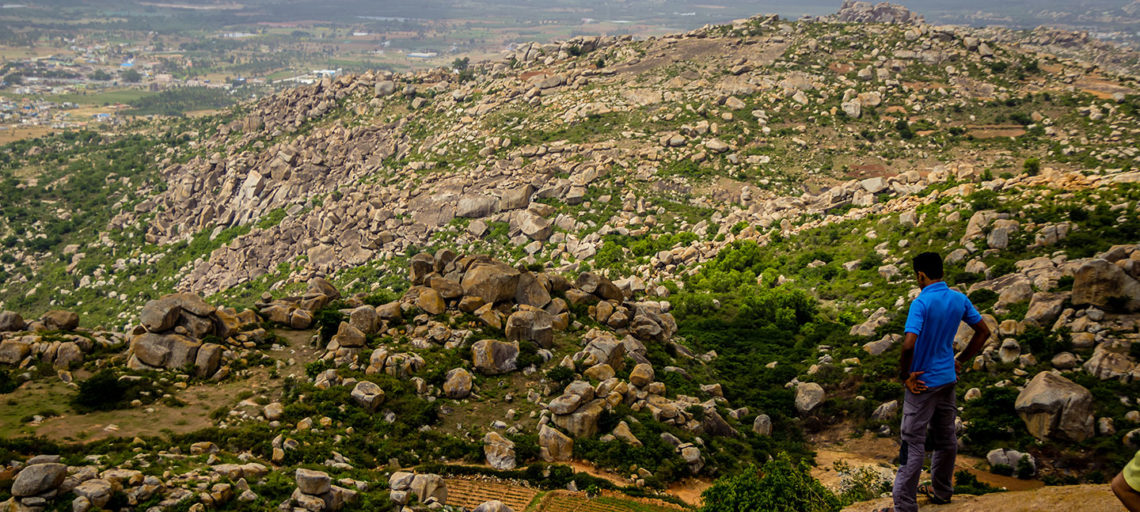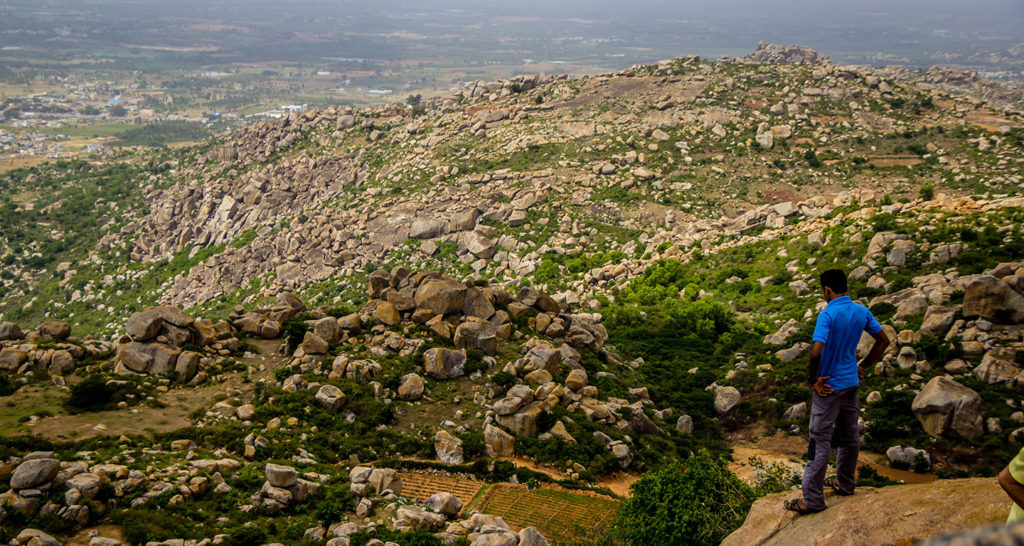
TRAVEL Responsibly and Sustainably!
A lot has changed over the recent years, travelling has become more accessible, flights are cheaper than ever before and Instagram has changed the view of the world.
In the age of over tourism and in the midst of a climate crisis, responsible tourism is not just a pressing need to protect the incredible natural and cultural heritage of our world. It is also the only way we can still find authentic experiences, engage meaningfully with locals and savor the pristine beauty (or what remains of it) on our planet.
But what exactly is responsible tourism? Simply put, it is a commitment to prioritise travel choices (think getting there, where to stay, what to eat, what to do) that take into account the environment, inclusive of local communities and soothing for your restless soul. It’s often also called as “sustainable tourism”.

How to TRAVEL RESPONSIBLY?
Define what travelling means to you?
It’s hard to track evolution or developments of the popular conception of travel – in which you pick a destination, draw up an itinerary and spend your day ( taking photos mostly and even playing loud music) at the must-see spots. Perhaps it was propelled by a mix of travel agents, writers and the rise of guidebooks. Or perhaps it’s human nature to try to maximize the money spent on taking a trip away from home.
We need to expand it to encapsulate experiences that stimulate us – and move away from the peer pressure of seeing or doing something just because it’s marketed as THE thing to do. We need to think beyond sightseeing, and think in terms of art, music, food, history, dance, architecture, environment or whatever else truly holds meaning for us. That way, we can allow places to heal from the pressure of mass tourism while actually enjoying our own handcrafted journey – just the way travelling was meant to be (and sustainable tourism aims to be).
Use public transport and please slow down!
Yes taxis and rickshaws are tempting but if you have the time, try and explore a place on your feet! The experience will open new doors for you. The best way to figure out a new city, district, state or even a country is as simple as figuring out their public transport.
Apart from being sustainable it opens your mind up to the interaction with the locals that adds flavour to you enjoying a wholesome travel experience!
It is not possible to see everything that a place has to offer if you’re on a fixed itinerary! But that doesn’t mean you can’t have enough fun, slow down and decide between places. Once you have decided to enjoy the place to its fullest extent take your time. Travelling is a gamble you may or may not get a instagram worthy shot after spending 2 weeks at a place, while you might get a click worth 10k likes just 20seconds getting after you get down from your vehicle.
What you guys need to understand is, that one needs to travel to feed the mind and the body with new experiences not your social media accounts!
Eco-friendly, Local-run accomodations and ALWAYS SAY NO TO SINGLE USE PLASTIC
My fondest travel memories are not from posh hotels but from small homestays, guesthouses and lodges that creatively try to reduce their environmental footprint. Choose homestays with vegan-friendly breakfasts are made largely with home-grown ingredients and all waste is composted / recycled. And the community-run sustainable tourism homestays that empower the local population.
Over the course of my travels, I’ve realised that staying at such accommodations has enabled me to experience the local culture beyond the tourist track, immerse myself in nature, interact with locals doing meaningful work in the area and gain an understanding of the unique circumstances of the people I’m visiting. And isn’t that what travel is all about?
PLEASE STOP USING SINGLE USE PLASTICS!
It’s not something new! Though this particular point has been overlooked by all of us! It’s high time we start making changes that has a healthy impact on the environment around us.
Make it a point to:
-Carry your own Steel boxes and bottles.
-Replace plastic bags, straws, toothbrush and toiletries bottles with a cloth bag, bamboo straw, bamboo toothbrush, steel container and soap, shampoo, conditioner bars.
-Order homemade, packaging-free energy bars and snacks from homepreneurs or make your own.
-Collect and carry back any non-biodegradable waste from rural areas.
